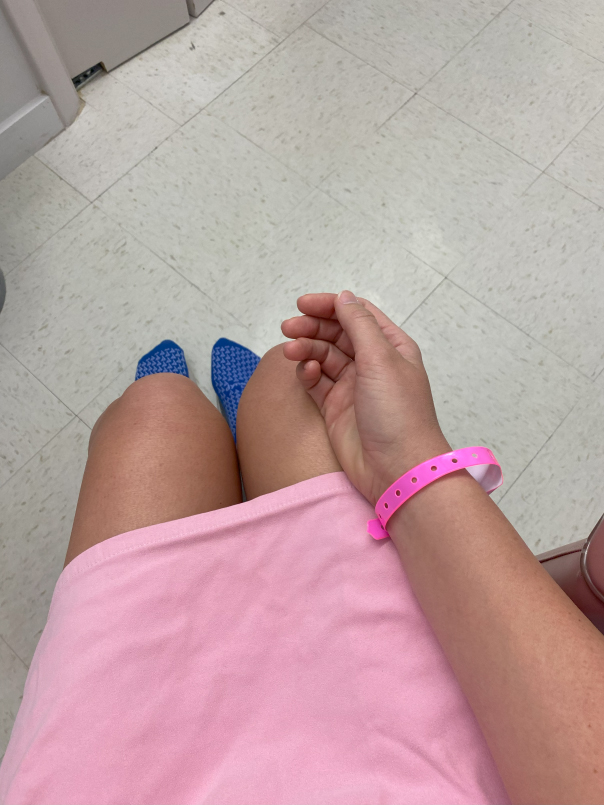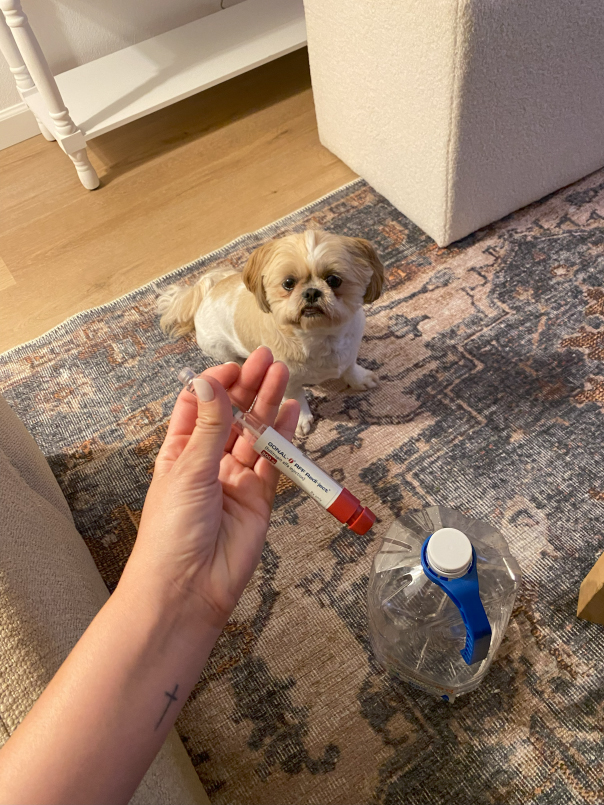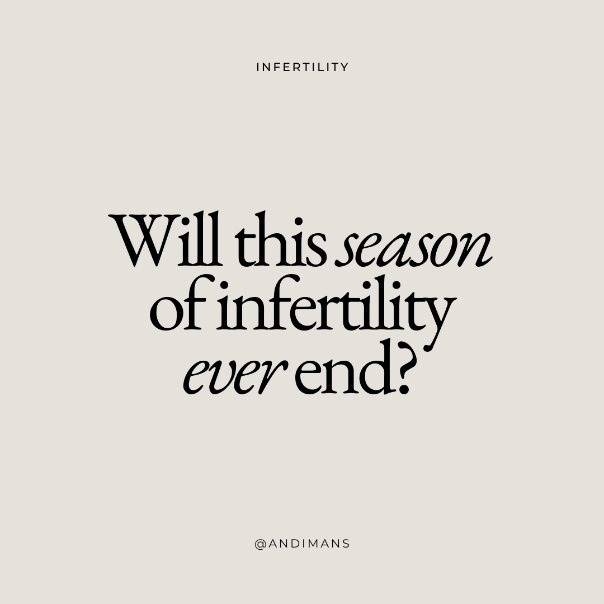
Why Am I not getting pregnant?!
Are you experiencing infertility symptoms or wondering if you might be struggling to get pregnant? It’s important to understand the signs that you may not be able to conceive easily. In this comprehensive guide, we’ll explore the various aspects of infertility and provide insights into recognizing the signs that you can’t get pregnant.
Understanding Infertility: More Than Just Numbers
The TTC journey goes deeper! Understanding infertility goes far beyond the simple metrics of pregnancy tests and tracking cycles. It encompasses a deeply personal and often heart-wrenching journey that many individuals and couples navigate. At its core, infertility is influenced by a mosaic of factors that can range from genetic predispositions to environmental impacts, each playing a significant role in the overall reproductive health. Hormonal imbalances, structural abnormalities, and even the subtleties of daily life choices can all weave into the narrative of infertility, highlighting the necessity of a holistic perspective in both diagnosis and treatment.
The Early Signs of Struggling to Conceive
In the journey toward parenthood, recognizing the early indicators of potential fertility challenges is a crucial step. Often, these signs are subtle, weaving into the fabric of one’s reproductive health without immediate recognition. Irregular menstrual cycles, which may manifest as periods that are too long, too short, or entirely unpredictable, serve as one of the primary red flags. This irregularity can signal underlying hormonal imbalances that impact ovulation, a critical process for conception.
Do you have painful periods? SAME! More than just a source of discomfort, can hint at conditions like endometriosis, a known factor that can hinder fertility. Difficulty in tracking ovulation, marked by the absence of or irregularity in ovulation symptoms, such as changes in cervical mucus or mid-cycle pain, further underscores potential challenges in conceiving. These early signs, while not definitive indicators of infertility, warrant attention and action. Seeking professional guidance becomes a pivotal step, as these symptoms can be both the first hints of a larger issue and an opportunity for early intervention.

Beyond the Basics: Uncommon Symptoms of Infertility
While many individuals are familiar with the more prevalent signs of infertility, such as irregular menstrual cycles and difficulty tracking ovulation, there exist lesser-known indicators that also merit attention. Among these are conditions that silently impact fertility, often going unnoticed until the journey to conceive becomes notably challenging. Endometriosis, for example, is a condition where tissue similar to the lining inside the uterus grows outside of it, potentially causing significant fertility issues, yet it may not be immediately associated with infertility by those affected. Similarly, a low ovarian reserve, indicative of a diminished supply of eggs, and low levels of Anti-Müllerian Hormone (AMH), which can signal decreased ovarian function, are crucial factors. These conditions are not as widely recognized by individuals attempting to conceive but are critical components of the fertility puzzle.
Check out my Infertility Guide!
When to Seek Help: Timing is Everything
Don’t be afraid to start advocating now! It’s never too early. Identifying the optimal moment to seek professional guidance for infertility can be a beacon of hope for many individuals on their path to parenthood. The journey, marked by its unique challenges and timelines, often leaves one pondering the question of when it is appropriate to transition from hopeful attempts to expert consultation. The general guideline suggests that if conception has not been achieved after one year of regular, unprotected intercourse for those under the age of 35, or after six months for those 35 and older, it may be prudent to explore fertility evaluations. This recommendation stems from a compassionate understanding of the emotional and physical complexities involved in conception efforts. It is crafted to provide a clear yet flexible framework that honors the diverse experiences of those facing fertility hurdles.

Navigating Your Next Steps: Finding Support and Treatment Options
Scared? I get it! Embarking on the fertility journey can feel isolating, yet it’s essential to remember that a wealth of resources and a supportive community await. Within the vast landscape of infertility support, individuals can discover a range of groups and forums, both online and in person, that resonate with their experiences. These platforms not only offer solace but also share invaluable insights and coping strategies, fostering a sense of camaraderie among those navigating similar paths. Further, the realm of fertility clinics presents a beacon of hope, where specialized professionals are dedicated to understanding and addressing each unique fertility scenario.
If you’re willing to travel, here are two doctors I highly recommend. Or maybe, you’re lucky and live right by them! Check out more of my Fertility blog posts here, let’s support each other! Or follow me @andimans to continue the convo!
XO



